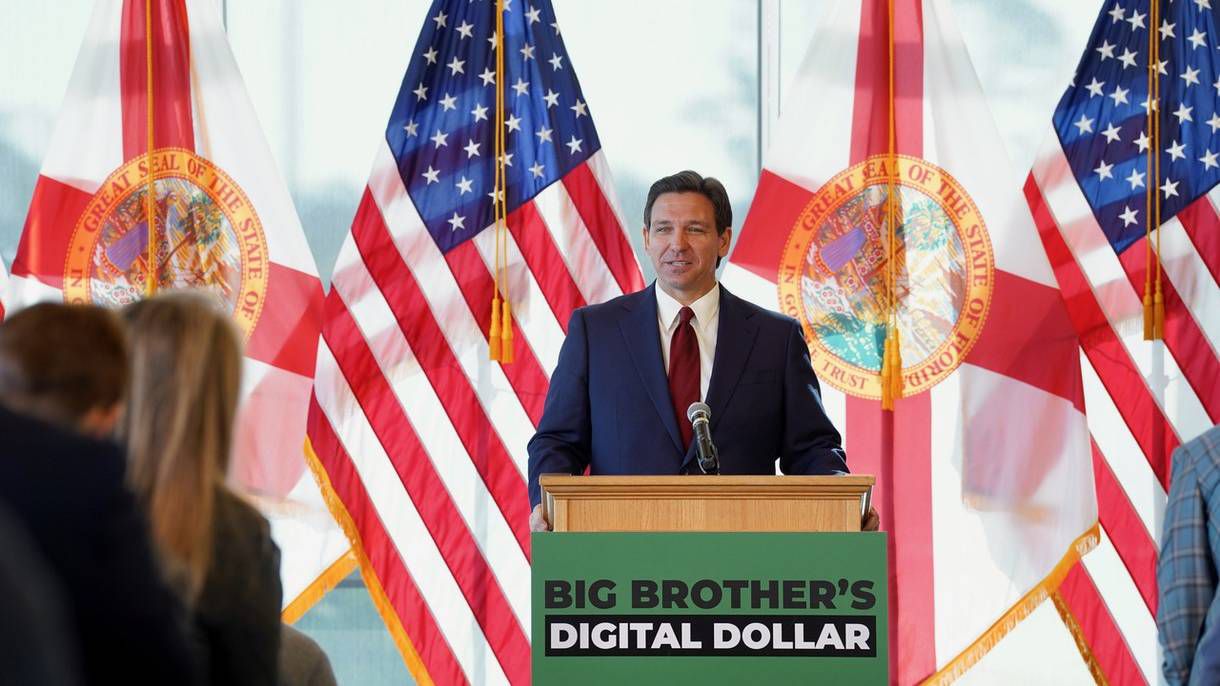FORT MYERS, Fla. — During a press conference in Fort Myers on Friday, Gov. Ron DeSantis signed a bill banning a “centralized digital dollar” in Florida.
Senate Bill 7054 aims to protect consumers and businesses in Florida by "revising the definition of the term 'money' for purposes of the Uniform Commercial Code."
What You Need To Know
- Law revises the definition of the term "money" within Florida's Uniform Commercial Code
- While a CBDC has not been adopted in the U.S., DeSantis is taking steps to protect Florida consumers and businesses if such a financial system is adopted
- PREVIOUS STORY: DeSantis proposes ban on a 'centralized digital dollar' in Florida
DeSantis initially proposed the legislation on March 20, saying a Central Bank Digital Currency “would diminish the role of community banks and credit unions and track consumer spending, while having the power to cut off access to goods and services.”
Although no such currency has been adopted in the United States — and it may never — DeSantis proposed the legislation following an executive order from President Joe Biden last year calling for “urgency on research and development of a potential U.S. CBDC,” according to a White House release.
If a CBDC were to be adopted in the U.S., it should follow these guidelines, according to a January 2022 discussion paper by the Federal Reserve that examined the pros and cons of a Central Bank Digital Currency:
Provide benefits to households, businesses, and the overall economy that exceed any costs and risks
Yield such benefits more effectively than alternative methods
Complement, rather than replace, current forms of money and methods for providing financial services
Protect consumer privacy
Protect against criminal activity
Have broad support from key stakeholders
While studies on a CBDC have begun, Federal Reserve Chairman Jerome Powell said the agency would not pursue a CBDC without Congress approval.
The bill — which was filed in April and passed during the last week of the legislative session — calls on like-minded states to join Florida in adopting similar bans within their commercial codes to deter the federal government from adopting such a financial system.





